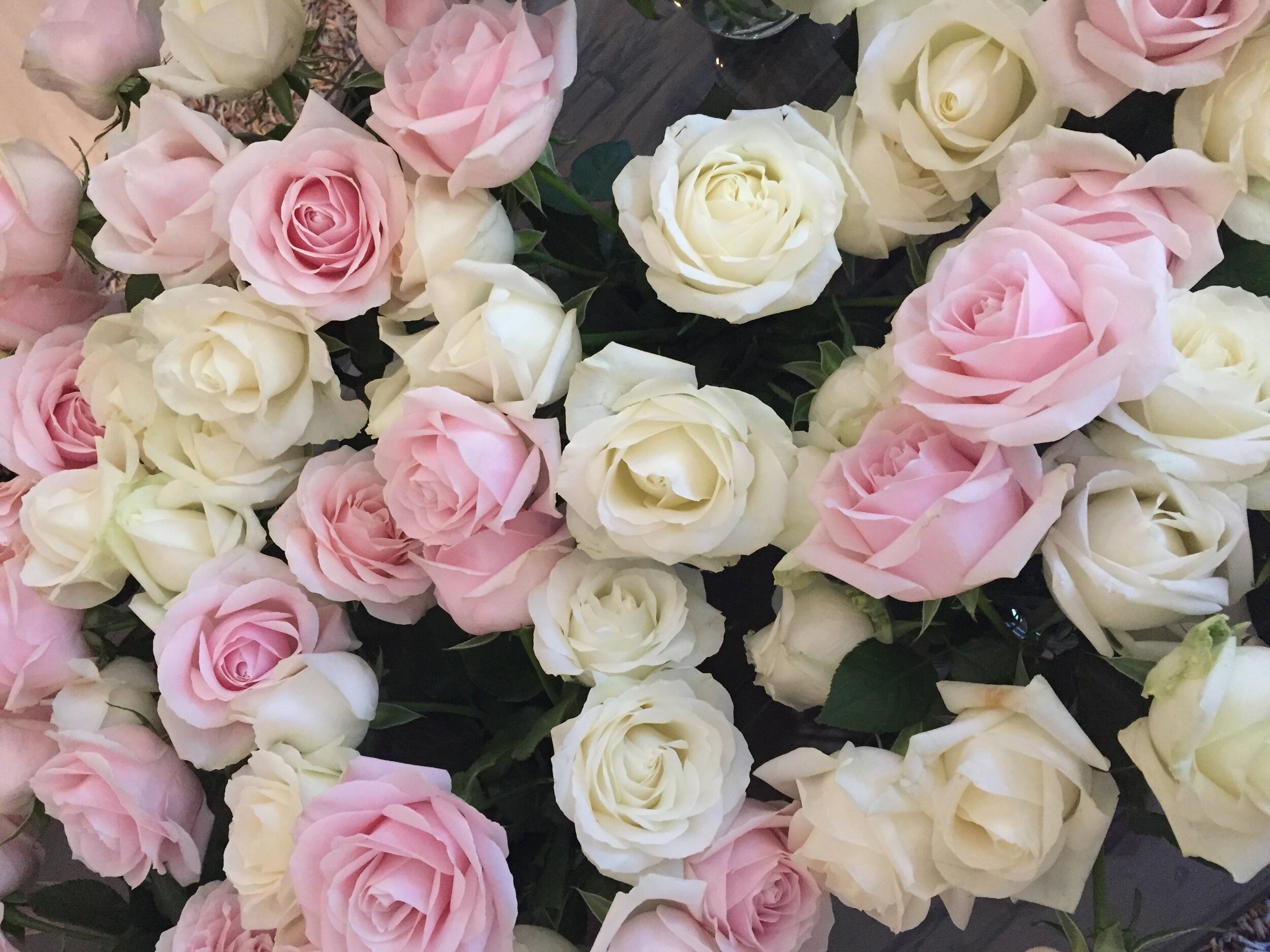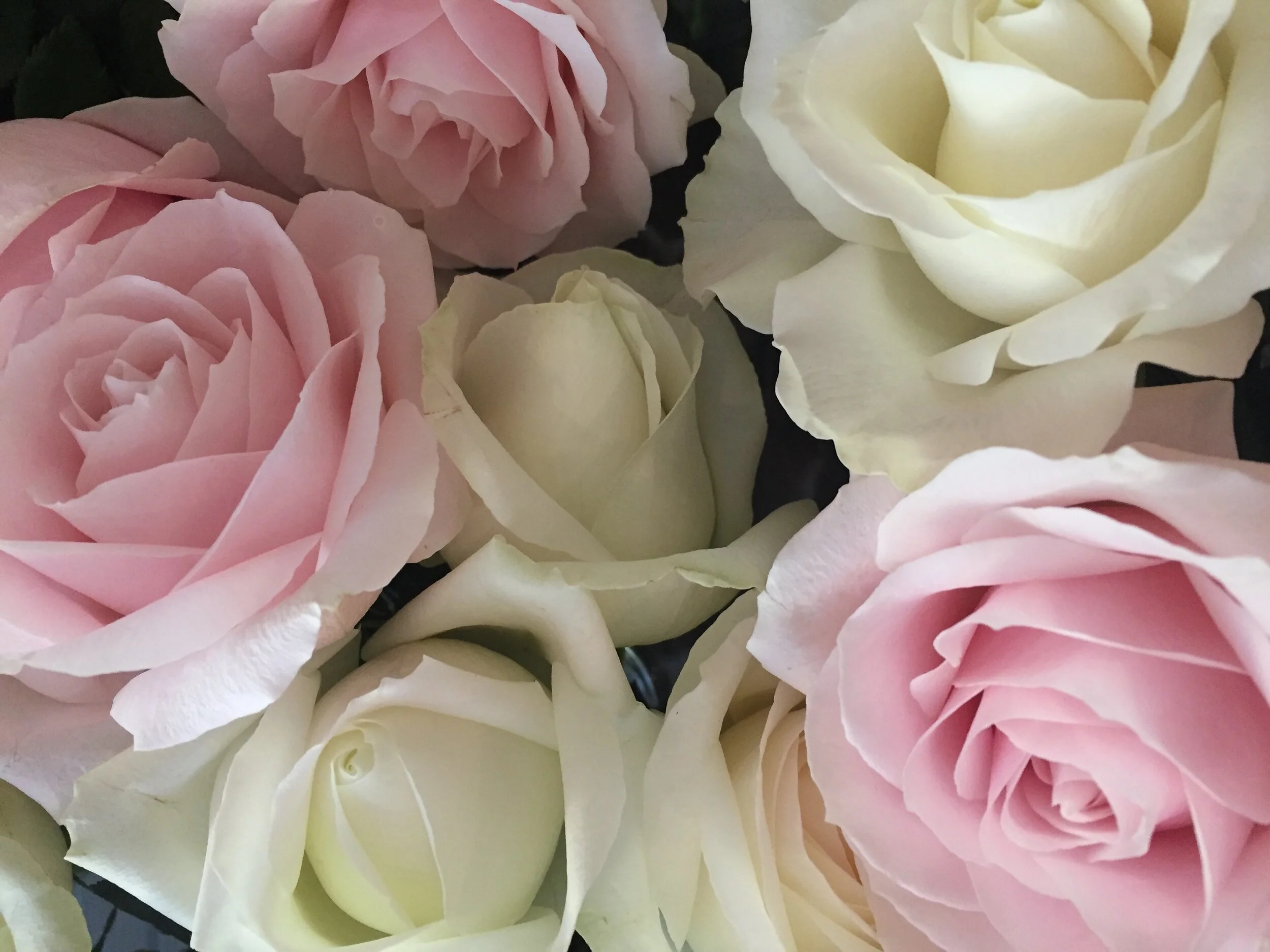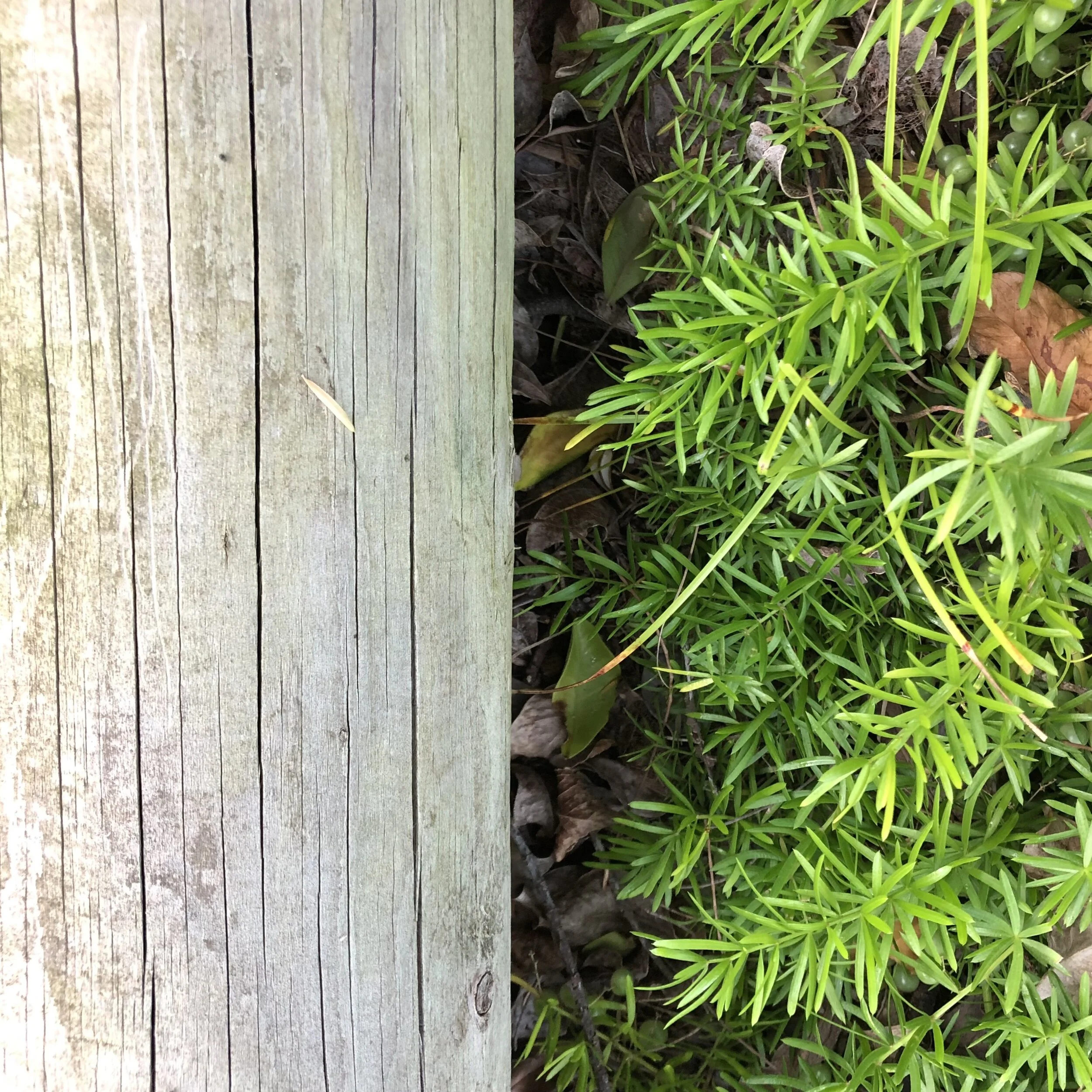Belief in Science, Fact and Theory
We live in an age that questions objective truth, and even in science, statements may be believed or not. In belief in science, things are accepted as facts if they are true by definition, supported by strong evidence or enough scientists are satisfied that they reflect reality:
5 + 5 = 10.
King Henry VIII reigned as monarch from 1509 to 1547.
Still. Can we ever be 100% certain?
Read More
What are Beliefs?
Understanding how belief works in the brain is a relatively new area. What are beliefs? Knowing and questioning your beliefs is good for you; it’s part of preventative mental health. Many people have problem beliefs, particularly about themselves:
I’m no good
I’ll never get anywhere
I’m a bad person who deserves to go to hell.
Based on science, we can change belief, What are beliefs?
Read More
5 Ways to use Self-compassion
OK. So you’re into self-love. You want to practice self-compassion. You want to care for be kind to and understand and accept yourself as you would for others. And you want to do this without getting into too much selfishness or narcissism. How do you do it? Here are Five Great Ways.
Read More
Self-Compassion vs Narcissism: What’s the difference?
if we don’t understand what real self-love is, we fall into selfish narcissism: putting ourselves first and becoming a taker. Others don’t like to put up with our selfishness, so they leave us alone and we end up unloved; out of the love-pool.
Read More
3 Reasons Self-Love is so Difficult
Why is loving myself such a problem? More and more, we are encouraged to love ourselves. That sounds fine, but we live in a world that has a limited understanding of what love really is, so self-love too is misunderstood. So many people now believe that “love hurts” so we have to understand self-love to help ourselves, not hurt ourselves, in case we get disillusioned with our own love. There are three main problems with the idea of self-love. These, if they get in the way, make true self-love harder to achieve.
Read More
Value clashes in our society
Stop the world I want to get off! I don’t want all this conflict! I don’t want all these value clashes! How do I handle it?
Read More
Value clashes in the workplace
Just because we work together doesn’t mean we have to like each other. It sure would be nice though; a clash of values gets in the way.
Read More
Value clashes with the in-laws
Now that we’re together, how do we handle your parents’ values, my parents’ values, and what we want to value?
Read More
Value clashes in adult siblings
Look, I love you sis, you’re my big sister, but I want to live my life my way. Can’t we still get on?
Read More
Value clashes in friendships
I thought you were my friend until ... we got to know each other better and our values clashed. But I don’t want to lose our friendship. Help.
Read More
Value clashes between young adults and their parents
I’m an adult and free of my parents’ values, right? But I still want to get on with them. Help.
Read More
Value clashes in personal relationships
Sure I love you, but why is living together so difficult? Why do our values clash? I want to handle it to move past this! (Me too.)
Read More
Value clashes! … what do you mean??
We hate conflict, yet our values clash. What’s the best way to negotiate it? In this, the first in a series of eight posts exploring value clashes, we begin to understand values and to work through the clashes with our fellow humans.
Read More
OK Addictions (Part D): Delay gratification
Science shows that if you can delay gratification, you will do much better in life. Not-OK addictions go for instant gratification, OK addictions encourage delayed gratification by requiring the effort first, then the pleasure payoff.
Read More
Ok Addictions (Part C): Connect Pleasure and Purpose
A-B-C. Connect pleasure and purpose in the way nature intended: live long, strong and content. An OK addiction helps you connect pleasure and purpose by requiring effort before a pleasure pay-off. But the payoff is long-term and extends to all your life. Not-OK addictions have no worthwhile purpose.
Read More
OK Addictions (Part B): Build Boundaries
Building Boundaries means that others can’t walk over you or lead you into areas you don’t want to go. It builds your character. An OK addiction helps you build good boundaries by having you say “no” to time-wasting and life-wasting and “yes” to some effort, skills and usefulness.
Read More
OK Addictions (Part A): Accept Accountability & Take Responsibility
What’s an OK addiction? Something you love doing, almost addictively, that brings long-term contentment and builds character without emotional pain: playing a musical instrument, a special sport, a habitual hobby, an addictive art or an intense interest. In this four-part series we go from A to D of the features of OK addiction life stills.
Read More
Do I have a real friendship?
During this Covid time, it’s great to have real friends. But many of us are finding that we don’t have as many friends as we would have liked; we’ve put time into other pursuits or life had become so busy that we’ve been living “past” our friends. Some people think they have 900+ friends (and counting). Others think they have only eight or ten. But how can you tell who is a real friend and who isn’t?
Read More

















